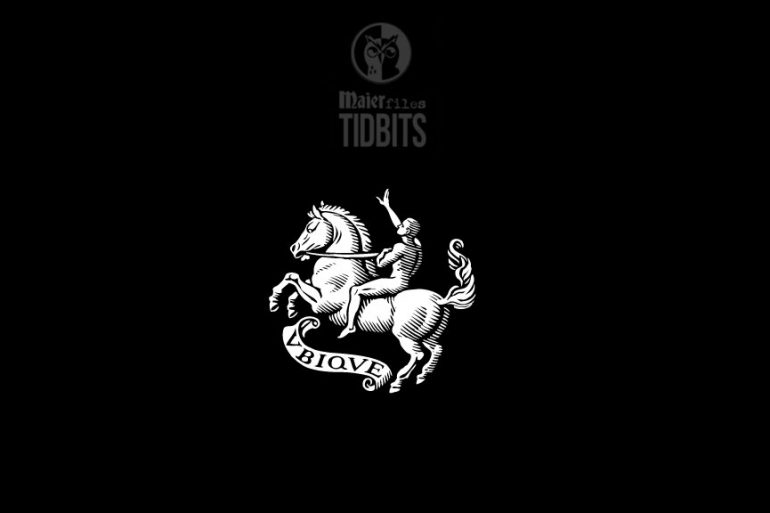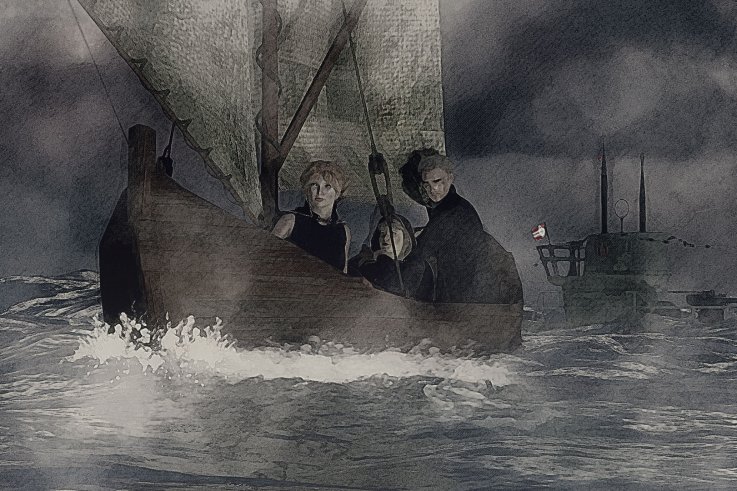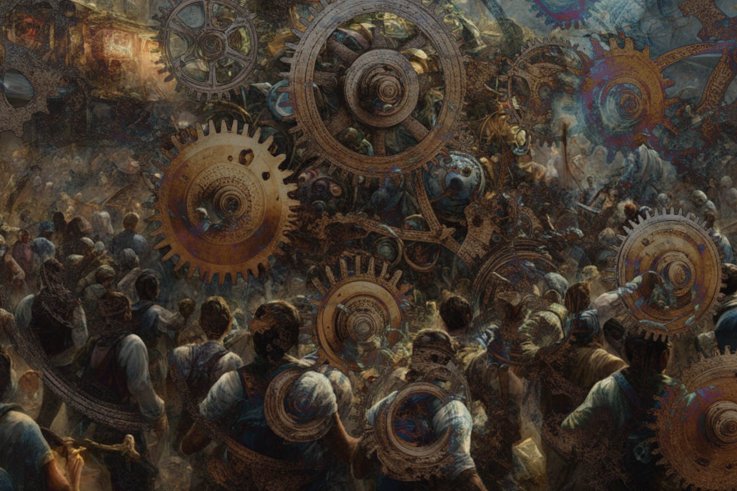In the mystical realms of Maier Files Chronicles, host Maxwell Braunhardt invites listeners on a captivating journey through the ages, unlocking secrets and unraveling mysteries. In this episode, we delve into the enigmatic tale of the Amber Room – a treasure steeped in history, witchcraft, and the ancient...
The Archives
In 1997, then-U.S. Secretary of Defense William S. Cohen delivered a keynote address at the Conference on Terrorism, Weapons of Mass Destruction, and U.S. Strategy. In this speech, Cohen unveiled a chilling reality of advanced weaponry and manipulation capabilities. He stated, “There are plenty of ingenious minds out...
In the Federal Republic of Germany, an ominous future looms, one that is literally “radiant.” However, this radiance has nothing to do with economic prosperity, improved quality of life, or the utopian multicultural society advocated by the so-called “elites.” Edgar Mayer and Thomas Mehner, authors of the German...
In the shadows of history, obscured by the veils of secrecy, a clandestine network has operated for over a century, shaping the course of nations and orchestrating events on a global scale. The revelations provided by Edward Griffin’s “The Chasm – The Future is Calling” unveil the hidden...
In the annals of history, certain events have shaped the course of nations, and the true motivations behind them often lie beneath the surface. One such pivotal moment was America’s entry into World War I, a decision that had far-reaching consequences and was influenced by a complex interplay...
Embark on a captivating journey into the unknown with the latest episode of The Maier Files Chronicles titled “Whispers from the Depths.” In this riveting installment, we delve into the mysterious tales of Bella and the enigmatic U-Boat wreck off the Isle of Arran. Join Maxwell Braunhardt, our...
In a global phenomenon known as ‘Blackout Tuesday,’ witnessed on June 2, 2020, the world seemingly united in a stand against racism and police brutality. However, behind the corporate world’s enthusiastic participation in virtue-signaling, a more sinister motive lurked beneath the facade. Unbeknownst to millions who unwittingly participated,...
Rudolf Steiner’s insights on the cosmic battle – In the intricate labyrinth of the esoteric realm, where shadows dance and truths remain obscured, the dichotomy of good and evil unfolds in a cosmic battle that transcends the material world. Driven by a quest to unravel the enigmatic forces...
In the enigmatic world of codes and their deciphering, an intriguing link emerges with the name “Dietrich.” In German, “Dietrich” means a skeleton key, a tool designed to unlock hidden mysteries. This connection resonates with the Maier Files series, where Rolf Dietrich is referred to as “the key.”...
Subversion, as a concept, involves the deliberate effort to undermine or destabilize established institutions, authorities, or societal structures. It is often carried out through covert or manipulative means, aiming to erode trust in institutions, demoralize populations, and foster discontent. In the context of the Western world, subversion has...
The rose, with its exquisite beauty and rich symbolism, holds a special place in the Western Mysteries, intertwining with spiritual, mythical, and historical narratives. Let’s the multifaceted spiritual symbolism of roses, delving into their significance in various cultures and their connection to the Grail. The Mystical Rose The...
The rich tapestry of human history is often woven with the delicate threads of symbolism and tradition. One such fascinating journey takes us into the ancestral cult of flowers, exploring the deep meanings associated with these blossoms across various cultures and epochs. Among the myriad flowers that have...













